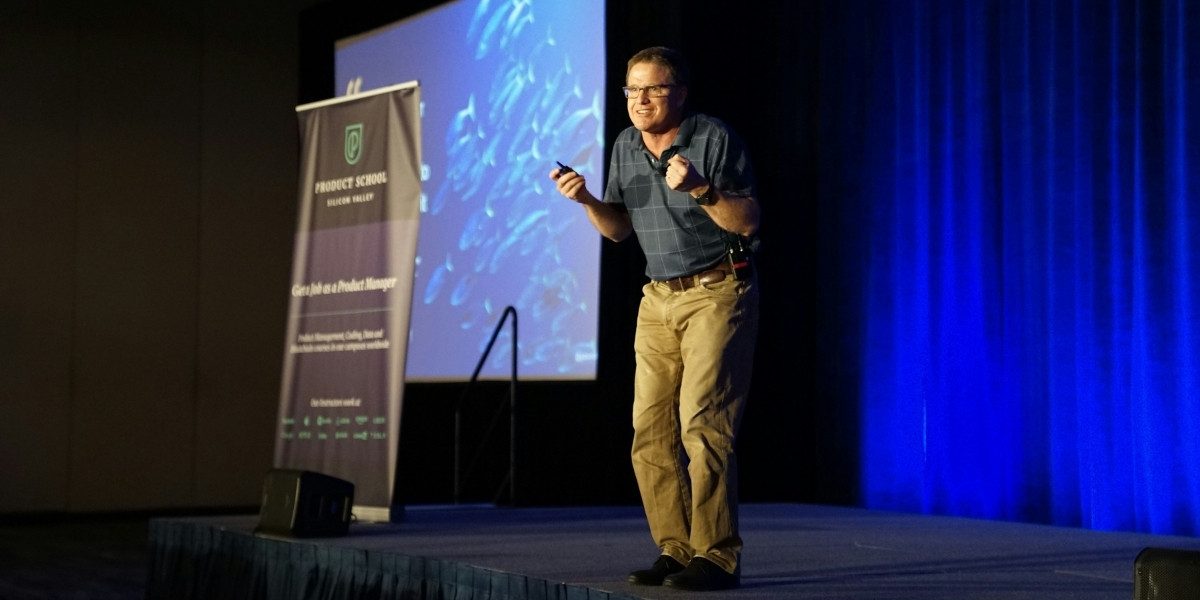The Enduring Legacy of a Transformative Voice and Its Societal Impact
Throughout history, certain voices have transcended mere words, becoming catalysts for profound change and collective awakening. A transformative voice—whether spoken, sung, or written—has the power to challenge norms, inspire action, and reshape societies. These voices often emerge during pivotal moments, offering clarity and courage to those seeking justice, equality, and human dignity. This article explores the enduring legacy of such voices and their lasting impact on society, culture, and collective consciousness.
Read Also: How Emotional Recall Unlocks Deeper Acting Performances
Defining a Transformative Voice
A transformative voice is more than a sound or message; it is a force that shifts perspectives, challenges existing structures, and invites new ways of thinking. It embodies authenticity, conviction, and a deep connection to the human experience. These voices often arise from personal truth but resonate universally, crossing barriers of race, class, gender, and nationality.
Such voices can be found in many forms—leaders who speak truth to power, artists whose creations illuminate societal issues, activists who mobilize communities, and thinkers who reimagine the future. What unites them is their ability to inspire transformation not just in individuals but across entire societies.
Historical Examples of Transformative Voices
History offers countless examples of voices that have left indelible marks on society.
The Power of the Civil Rights Movement
In the mid-20th century, voices like Dr. Martin Luther King Jr. rose to prominence by articulating the hopes, struggles, and demands of a marginalized population. His speeches, including the iconic “I Have a Dream,” provided a vision of equality and justice that mobilized millions and shifted the cultural landscape of America. King’s voice was a clarion call that challenged segregation, discrimination, and systemic injustice, leaving a legacy that continues to inspire activism worldwide.
Artistic Voices that Shaped Culture
Artists such as Nina Simone, James Baldwin, and Bob Dylan used their platforms to address issues of race, identity, and social justice. Their creative expressions reached beyond entertainment, becoming tools of social critique and empowerment. Nina Simone’s music, for example, echoed the pain and resilience of the Black experience, while James Baldwin’s essays challenged societal complacency and demanded honest conversations about race.
Global Impact of Visionary Voices
Beyond the United States, transformative voices like Nelson Mandela and Malala Yousafzai have led movements for freedom and education, inspiring global audiences. Mandela’s voice united a nation divided by apartheid, while Malala’s advocacy for girls’ education shines a light on oppression and the power of resilience.
The Societal Impact of a Transformative Voice
The influence of such voices extends beyond immediate political or cultural change; it reshapes collective identity, values, and aspirations.
Challenging and Changing Narratives
Transformative voices disrupt dominant narratives that uphold inequality or oppression. By articulating alternative perspectives, they create space for marginalized communities to be seen and heard. This shift in narrative helps foster empathy, understanding, and a more inclusive society.
Inspiring Collective Action
Words have the power to move people from awareness to action. Transformative voices often serve as rallying points for social movements, mobilizing communities to demand justice and equality. Their messages become the foundation upon which activism is built, helping to organize efforts that bring about legislative and cultural change.
Creating Lasting Cultural Legacy
Beyond immediate political victories, these voices influence arts, education, and public discourse for generations. They inspire new generations to continue the work of transformation, embedding ideals of justice, freedom, and dignity into the cultural fabric.
The Components of a Transformative Voice
Several elements contribute to the power and longevity of a transformative voice:
Authenticity: Genuine connection to personal truth and lived experience.
Clarity: Clear articulation of ideas and vision that resonates broadly.
Courage: Willingness to confront entrenched power and face adversity.
Empathy: Ability to connect emotionally and build bridges between diverse groups.
Resilience: Persistence in advocating for change despite obstacles.
Embracing and Amplifying Transformative Voices Today
In today’s interconnected world, the emergence and amplification of transformative voices have accelerated. Social media and digital platforms offer new opportunities for marginalized voices to reach global audiences. However, this also presents challenges, including misinformation, polarization, and the dilution of message authenticity.
To truly honor the legacy of transformative voices, society must cultivate spaces for listening, dialogue, and critical engagement. This involves amplifying voices that have historically been silenced, supporting inclusive platforms, and fostering communities committed to justice and equity.
Read Also: How to Find Your Voice as an Actor and Stand Out
The Ongoing Power of the Transformative Voice
The legacy of transformative voices is enduring because it speaks to universal human aspirations for dignity, freedom, and justice. These voices invite us to reflect, challenge, and grow, pushing societies toward greater equity and understanding. As new voices arise, carrying the torch forward, the impact of past and present transformative voices reminds us that change begins with listening, courage, and collective action.
The symphony of human progress is enriched by these powerful voices, urging each of us to contribute to a more just and compassionate world.








